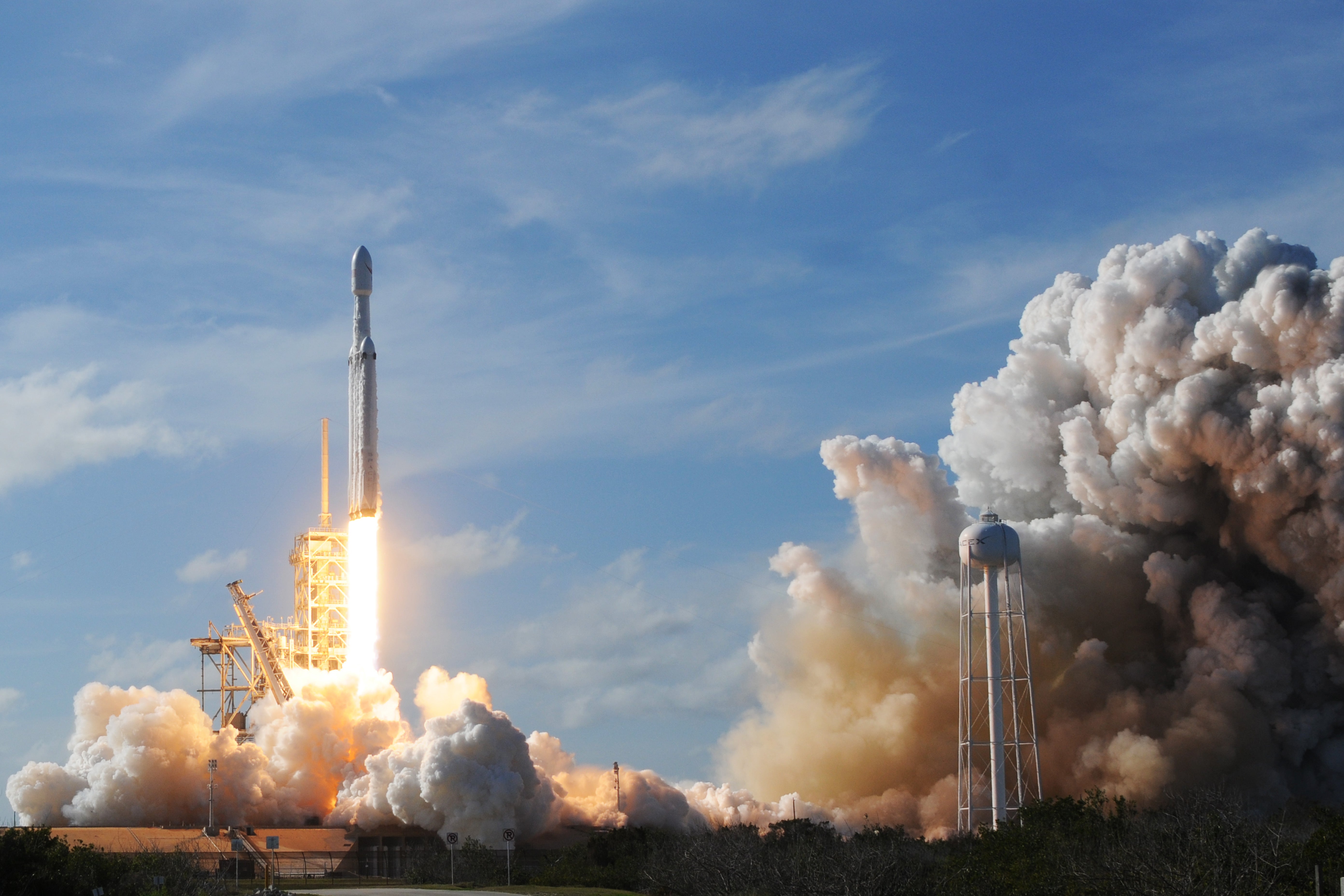We are on the brink of a new space race – it’s time to talk about Mars
Should we go there at all, and risk annihilating any potential Martian life? Do we want to preserve it for scientific exploration only?


Your support helps us to tell the story
From reproductive rights to climate change to Big Tech, The Independent is on the ground when the story is developing. Whether it's investigating the financials of Elon Musk's pro-Trump PAC or producing our latest documentary, 'The A Word', which shines a light on the American women fighting for reproductive rights, we know how important it is to parse out the facts from the messaging.
At such a critical moment in US history, we need reporters on the ground. Your donation allows us to keep sending journalists to speak to both sides of the story.
The Independent is trusted by Americans across the entire political spectrum. And unlike many other quality news outlets, we choose not to lock Americans out of our reporting and analysis with paywalls. We believe quality journalism should be available to everyone, paid for by those who can afford it.
Your support makes all the difference.We are on the brink of a new space race and this time Mars is in our sights. Yet we still have the opportunity to discuss now, before anyone puts their boots on the ground, what we want to do with the planet. Should we go there at all, and risk annihilating any potential Martian life? Do we want to preserve it for scientific exploration only? Do we want to use it as a test bed for future space technologies? Or do we want to claim it and exploit it, planting permanent, self-sustaining colonies in its red dust?
The Outer Space Treaty (OST), signed during the Cold War in 1967 and ratified by all the space-faring countries, is quite clear on two regards: no one country can own an extraterrestrial object, in part or as a whole; and all of outer space is held in common for the benefit of everybody. Arguably, the OST’s assumption that we are the masters of our own solar system and potentially beyond, is an act of hubris. But Mars is in our celestial backyard. If anyone gets to decide its fate, it’s going to be us.
The presenting problem is that Mars is a very long way away, and any crewed mission will be at the end of the most precarious supply line in history. Food, fuel, water, air, tools, spare parts – everything – needs to be taken along or sent in advance. It’s incredibly expensive to do that, and the pressure to cut the costs, as well as the risk, is intense. Which is why future planned missions to Mars rely heavily on the anodyne-sounding practice of In Situ Resource Utilisation.
Water is heavy and incompressible, but Mars is already rich with water ice. Oxygen can be cracked from the carbon dioxide that comprises most of Mars’s atmosphere. Fuel for the return journey can be synthesised by combining the water and the oxygen. Even the habitats the astronauts live in, however temporarily, are best made from thick mounds of Martian soil, to protect its fragile Earth-born occupants from the constant, cancer-inducing radiation.
Perhaps no one would begrudge Mars’s first visitors such a boon – water, fuel and air being vital for their survival. But what would be the status of a permanent base, digging into the Martian surface, excavating more of its ice, using chemicals found there as feedstock for manufacturing vital parts, or mining the rock for metal ores? One base will become a network of settlements, and at what point do we call them a colony? When does using the commons for survival become misusing them for private gain?
Although the OST came without any meaningful enforcement, it could have an unexpected, and growing, part to play in our future – if we show enough collective will and insist that its signatories honour it. When it comes to protecting Mars, we could do far worse than to look to the governance of the Antarctic Treaty, in place since 1961. That treaty has saved that continent for science, setting aside territorial claims, preventing economic activity and militarisation. Oversight committees representing all the interested nations arbitrate disputes and coordinate activity, based on consensus and legally binding obligations to each other.
Because it’s almost inevitable that, if we do nothing, the default will be a chaotic and exploitative land grab – not today, not tomorrow, but soon enough. In a hundred years time, our grandchildren and great-grandchildren may well look back and wonder at the poor choices we made now.
Simon Morden is the author of ‘The Red Planet: a Natural History of Mars’, to be published by Elliott & Thompson in September 2021
Join our commenting forum
Join thought-provoking conversations, follow other Independent readers and see their replies
Comments